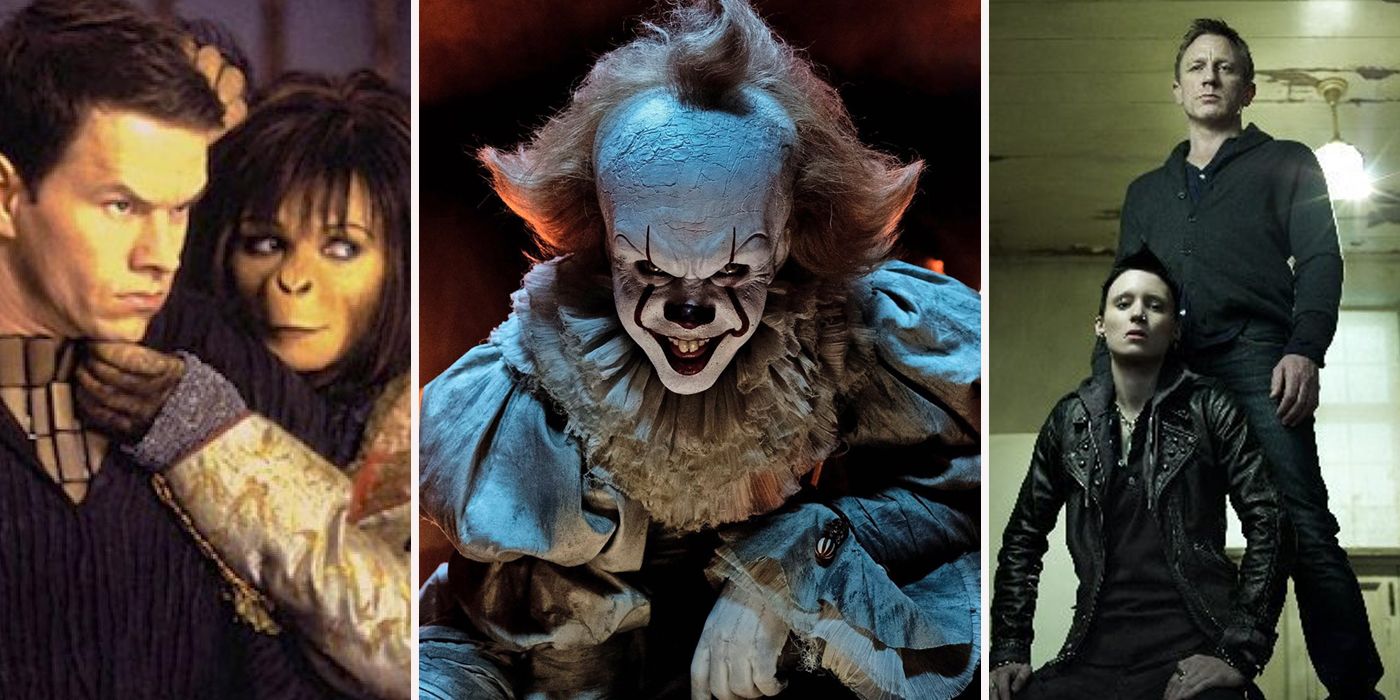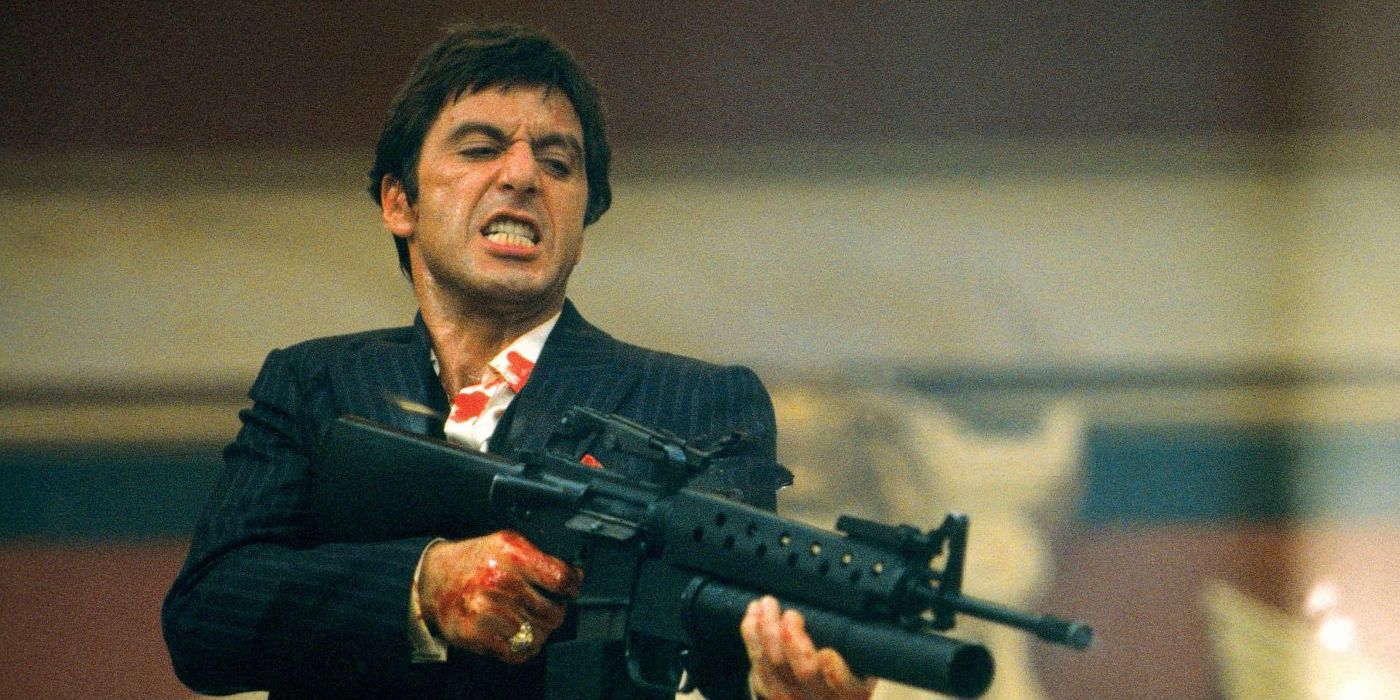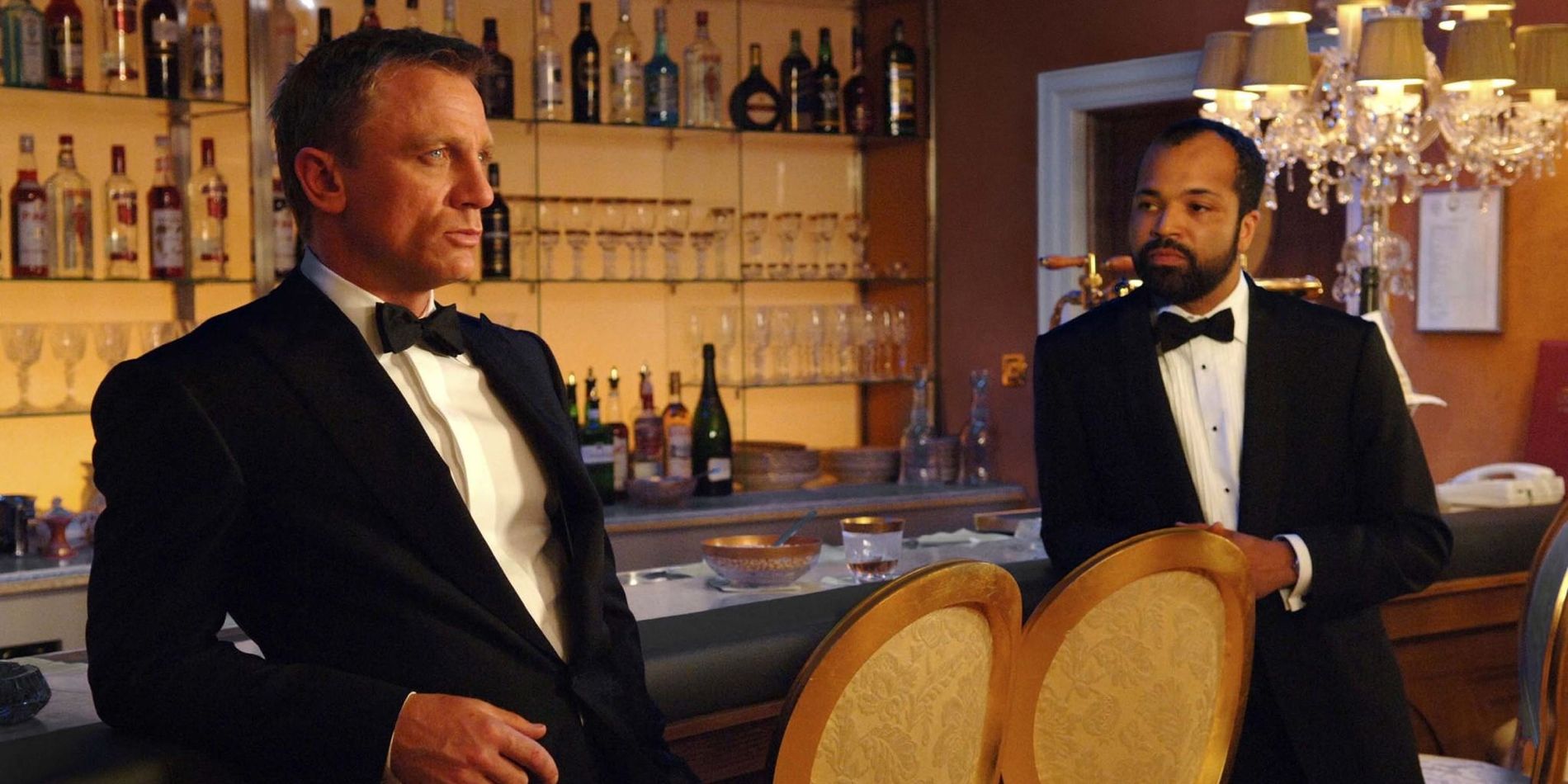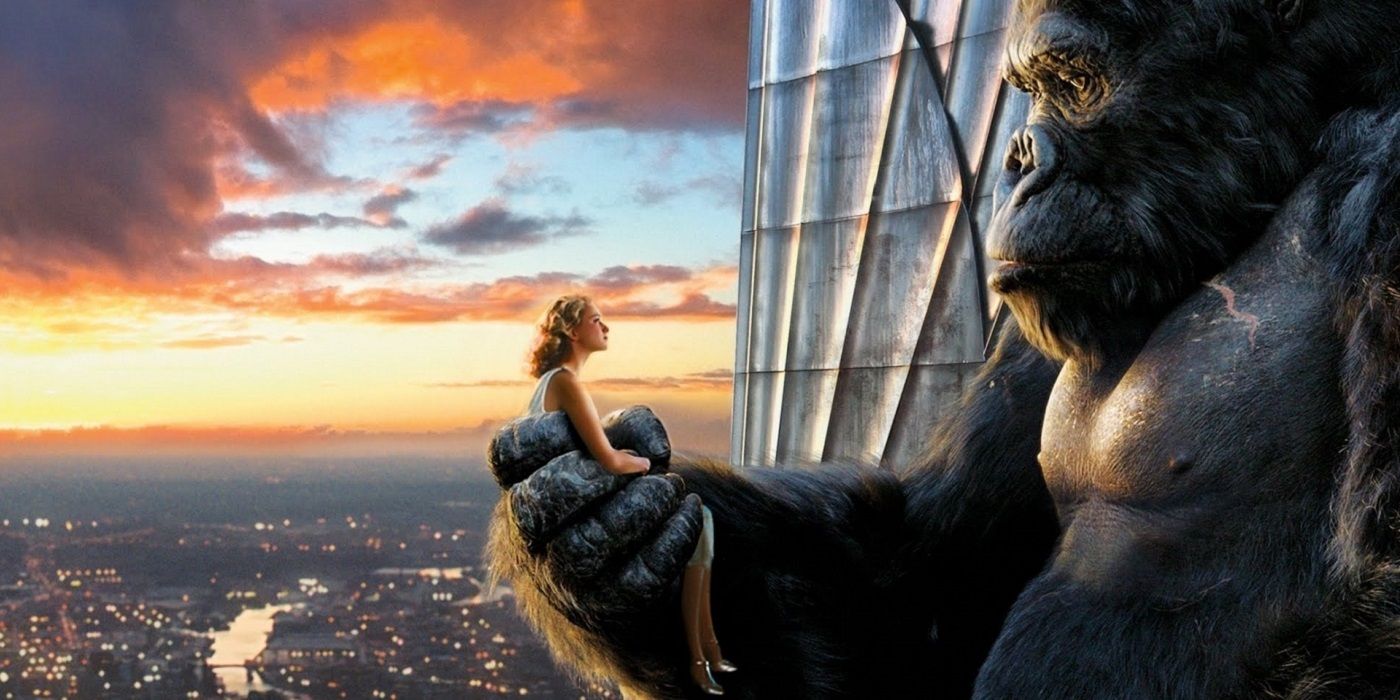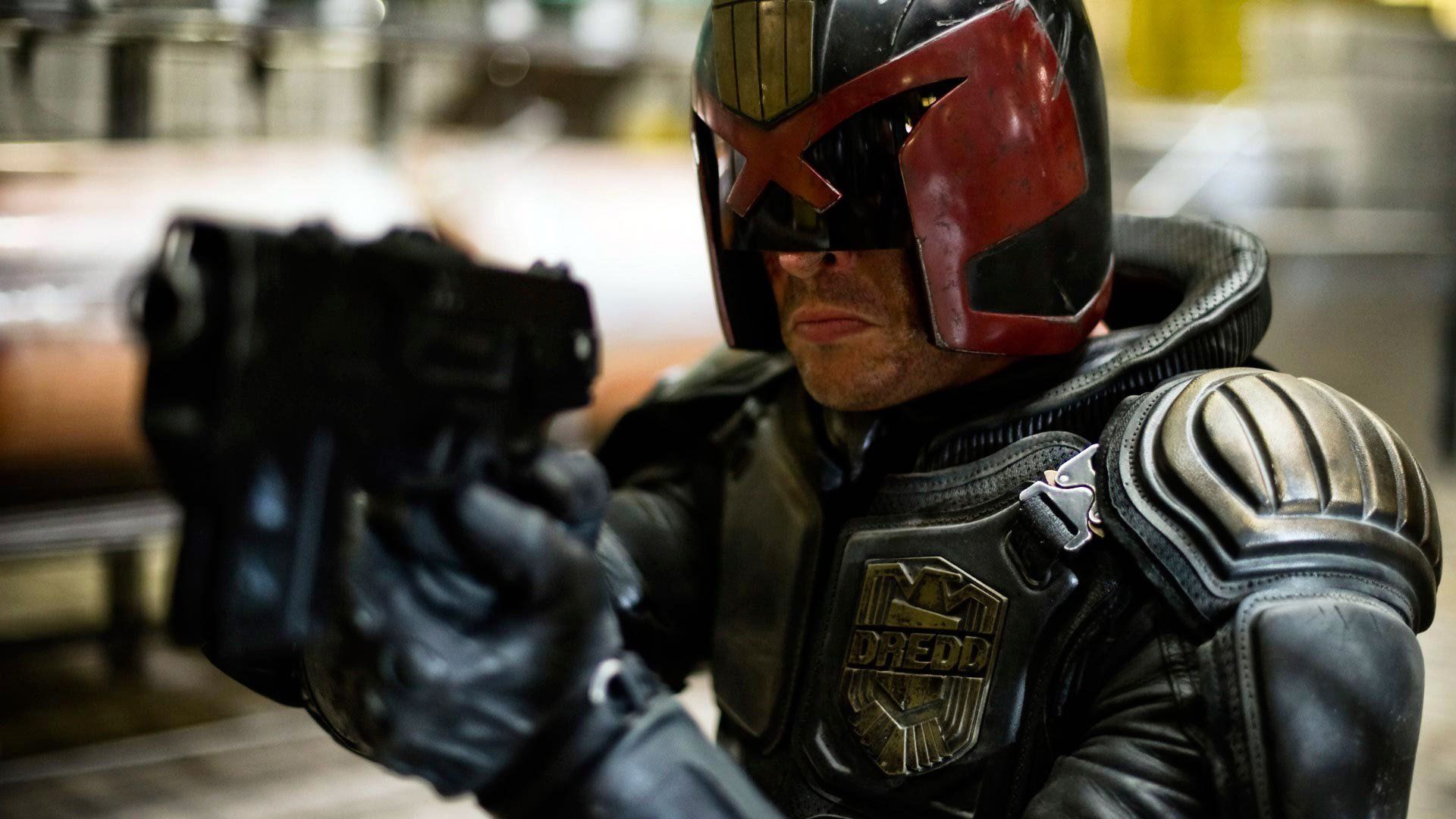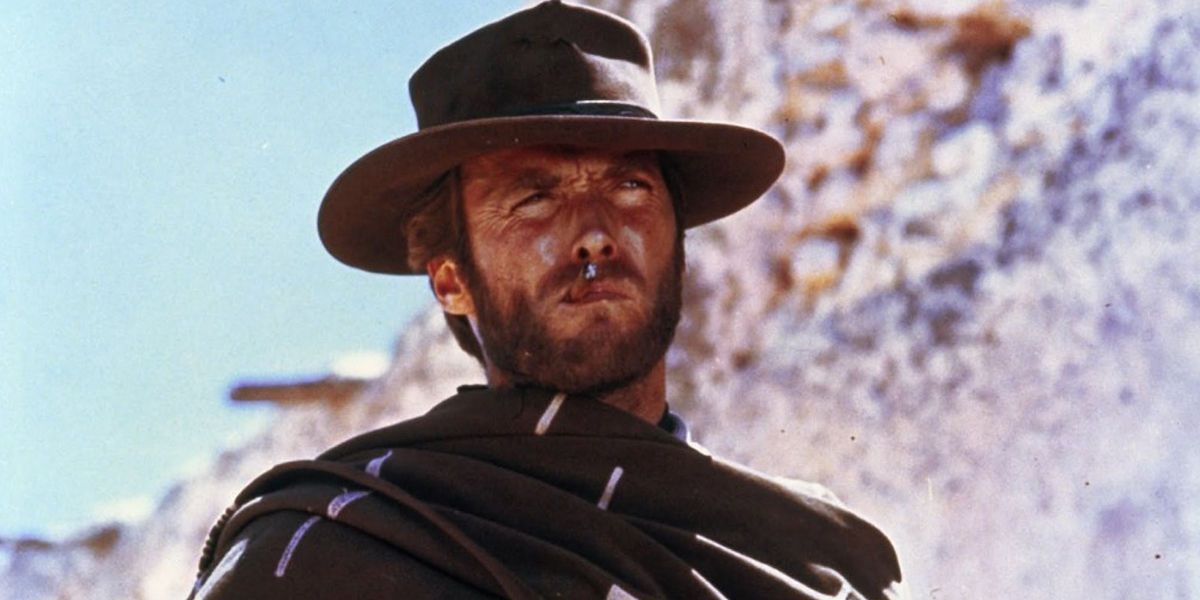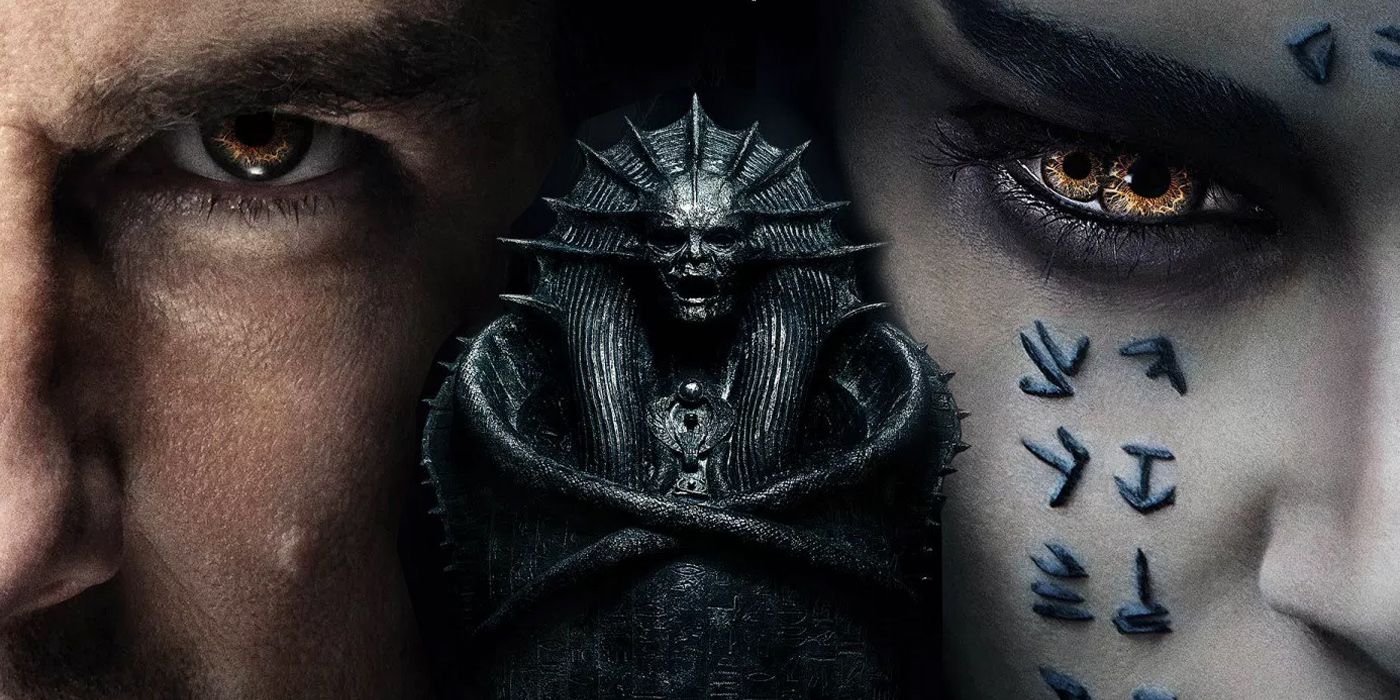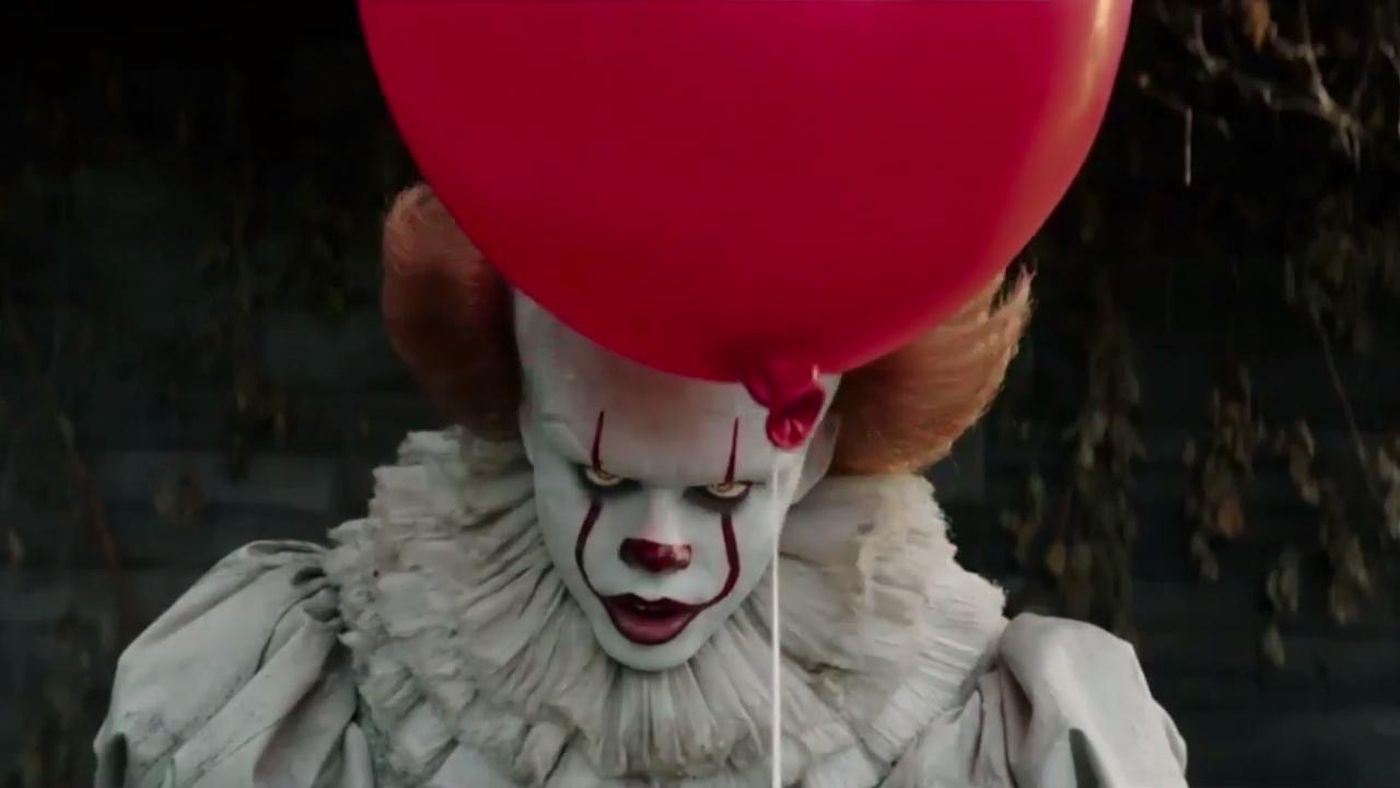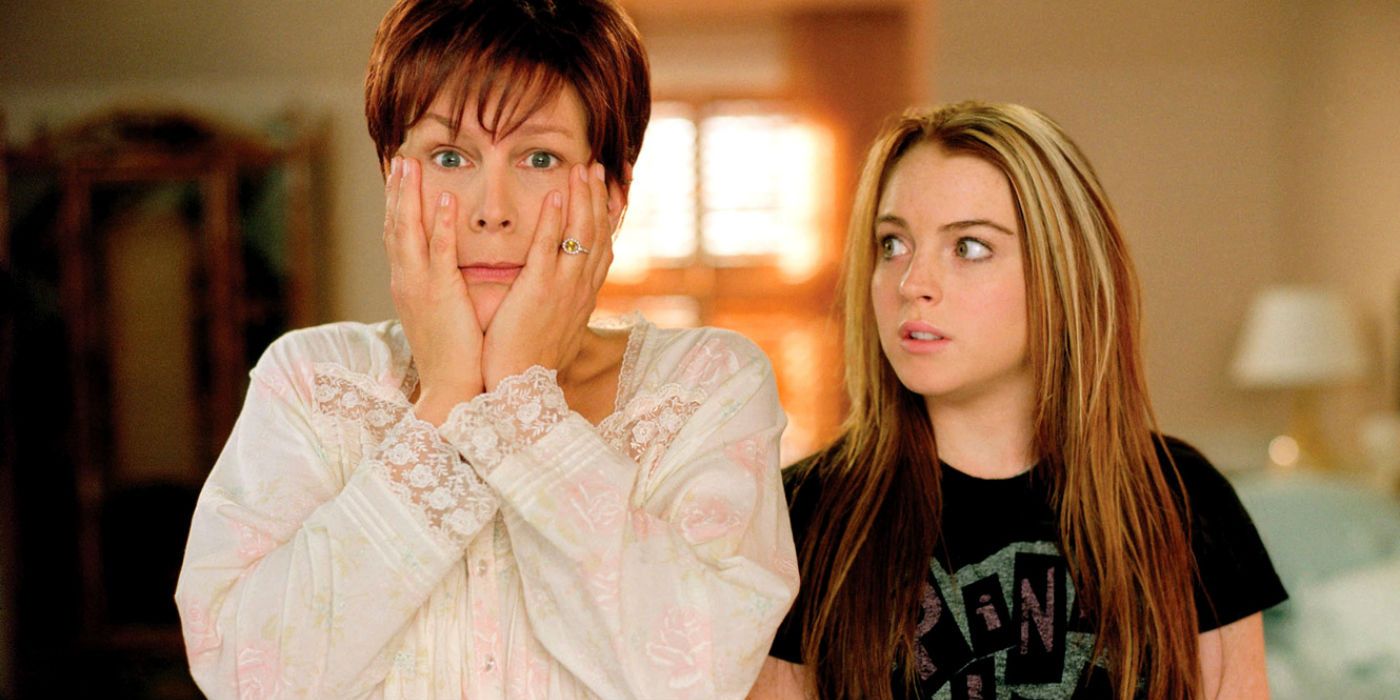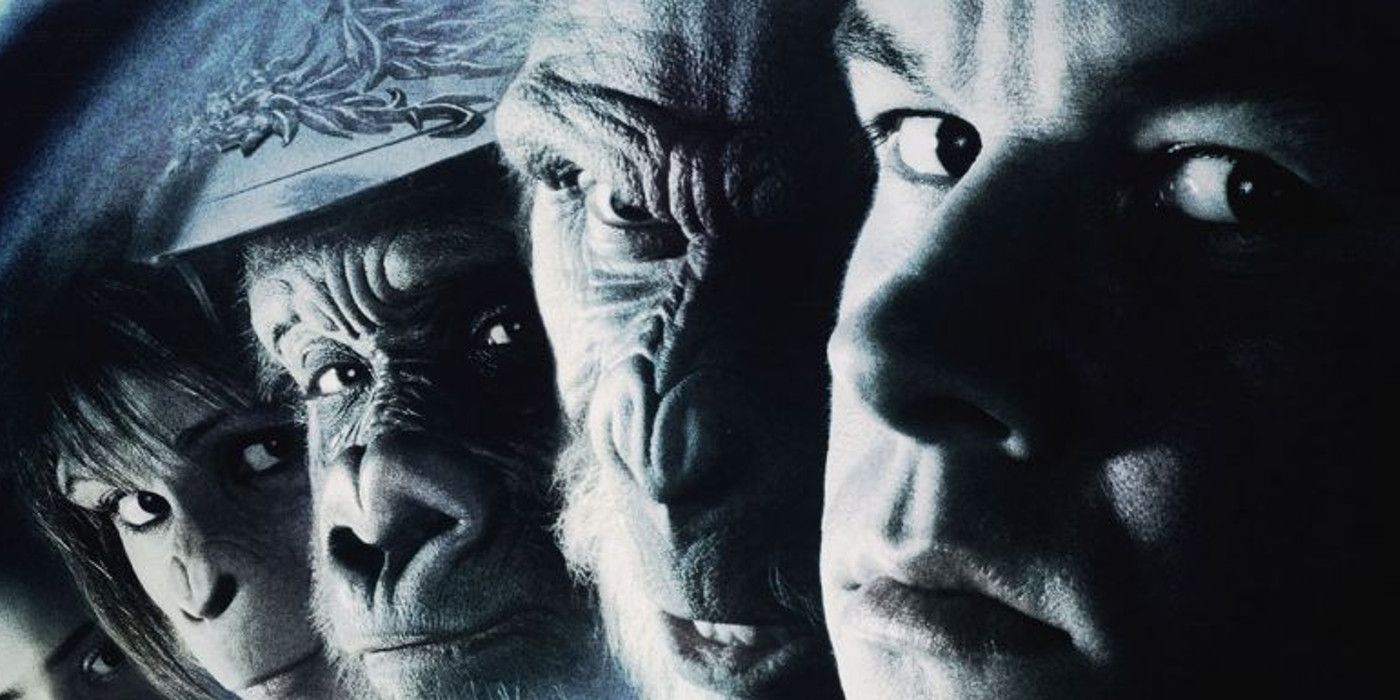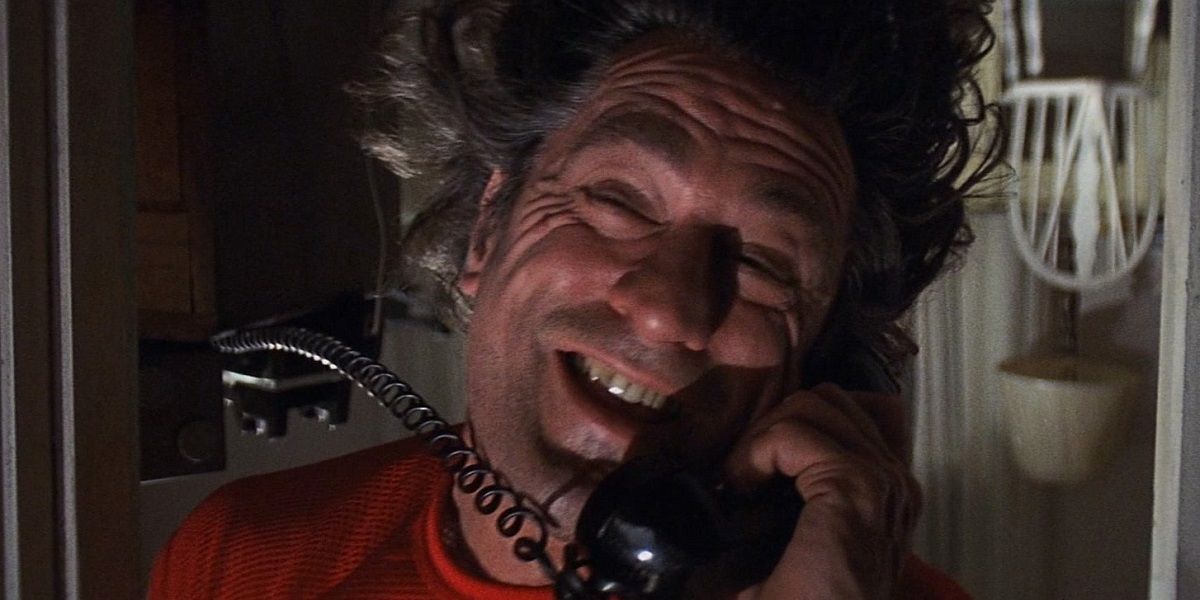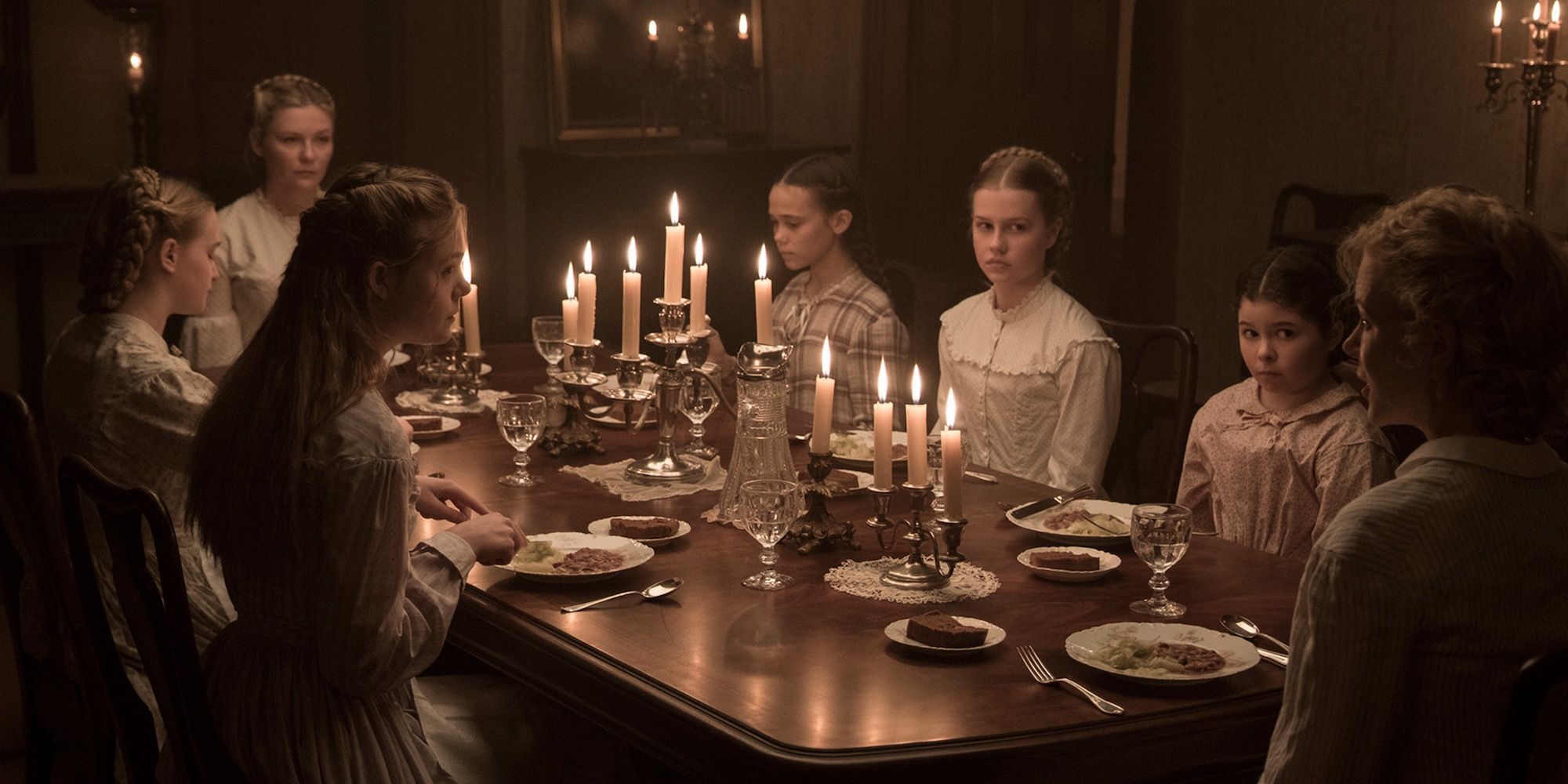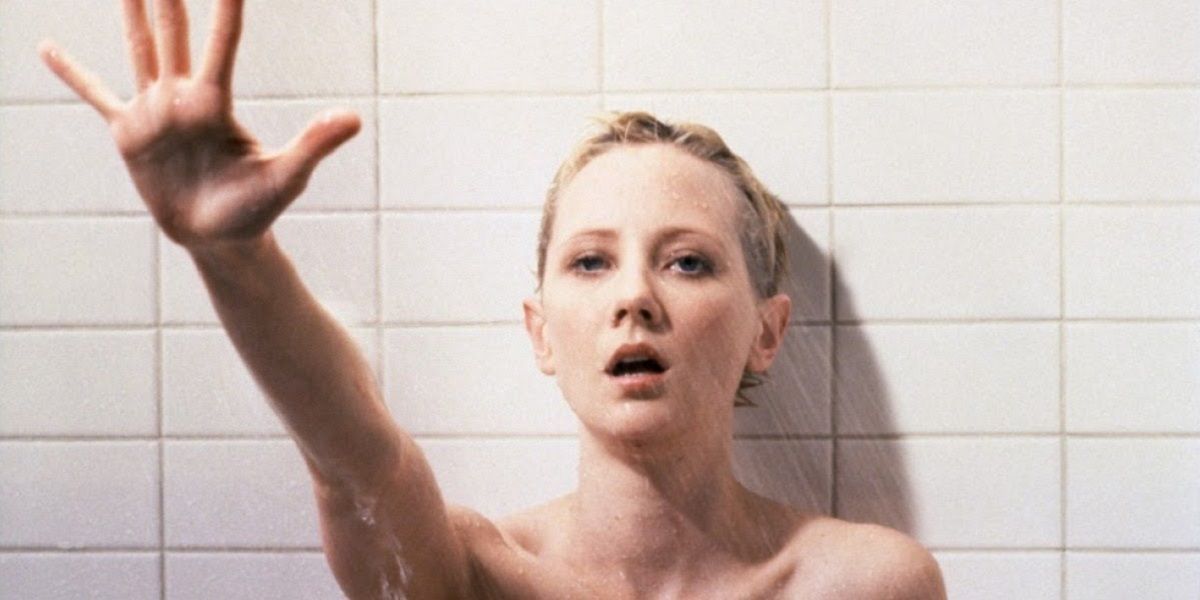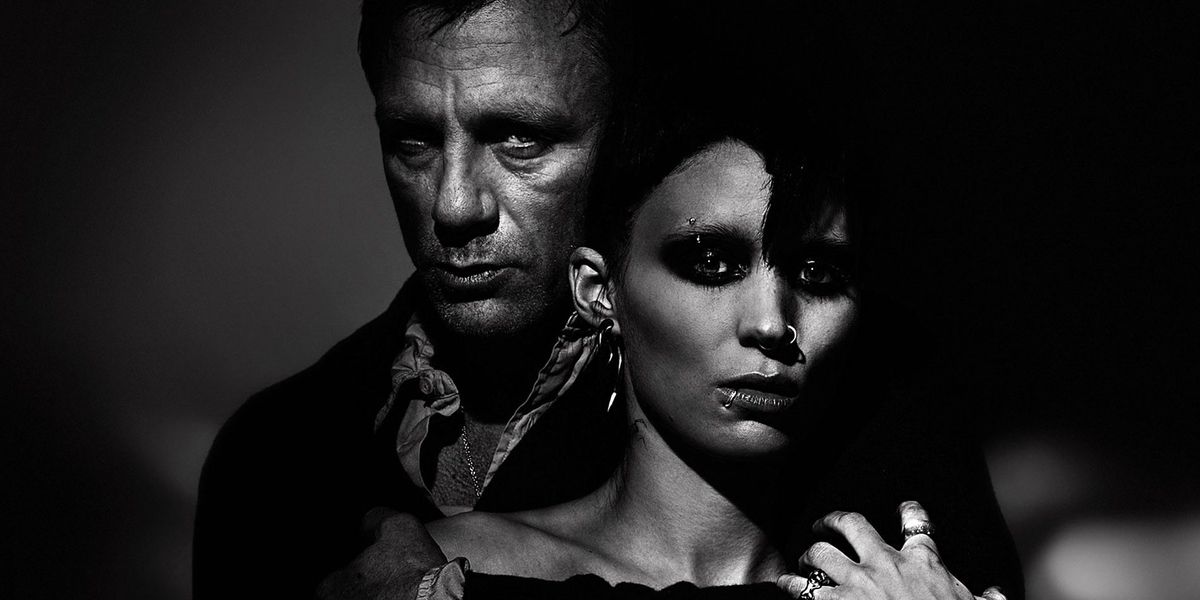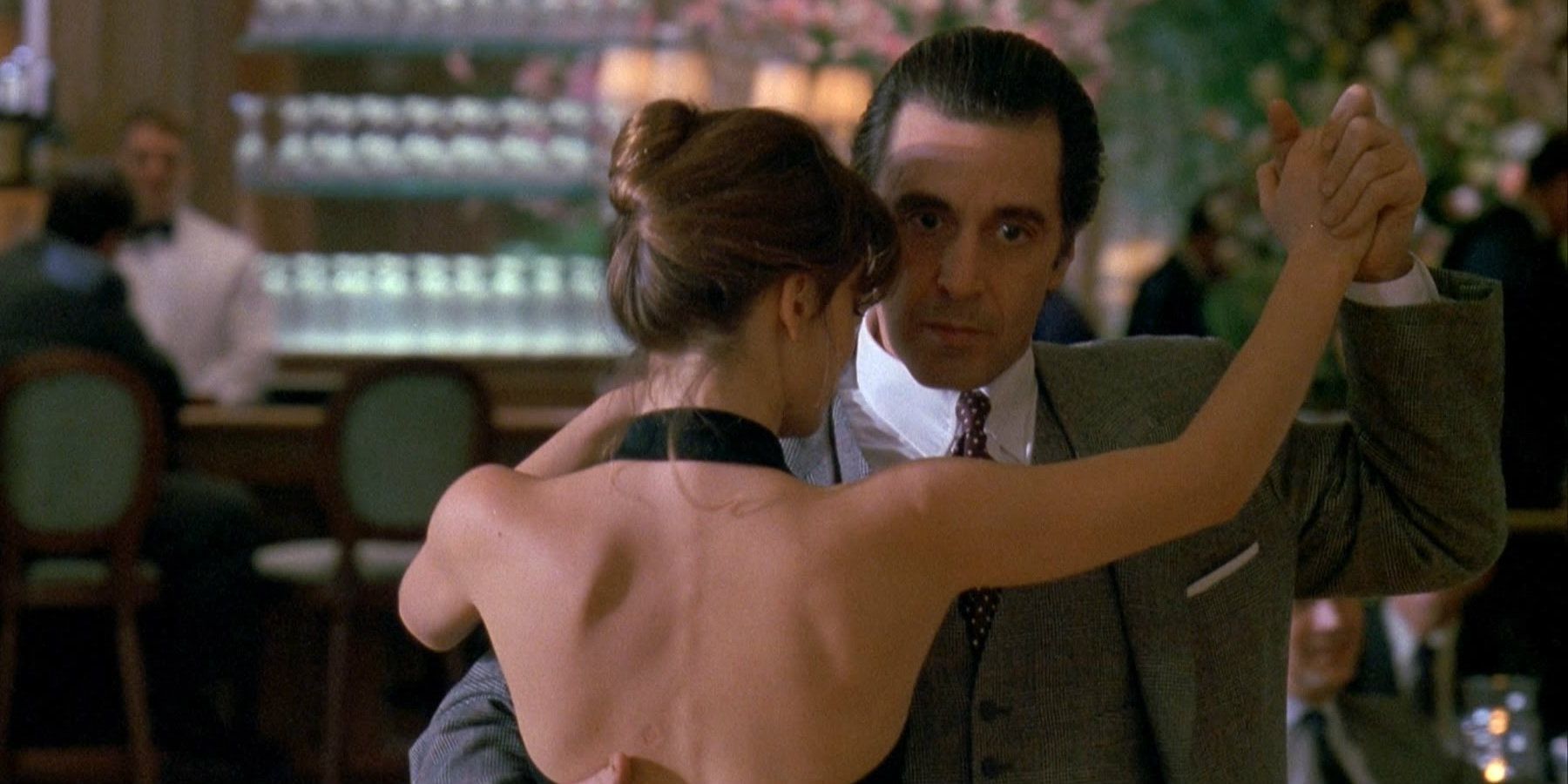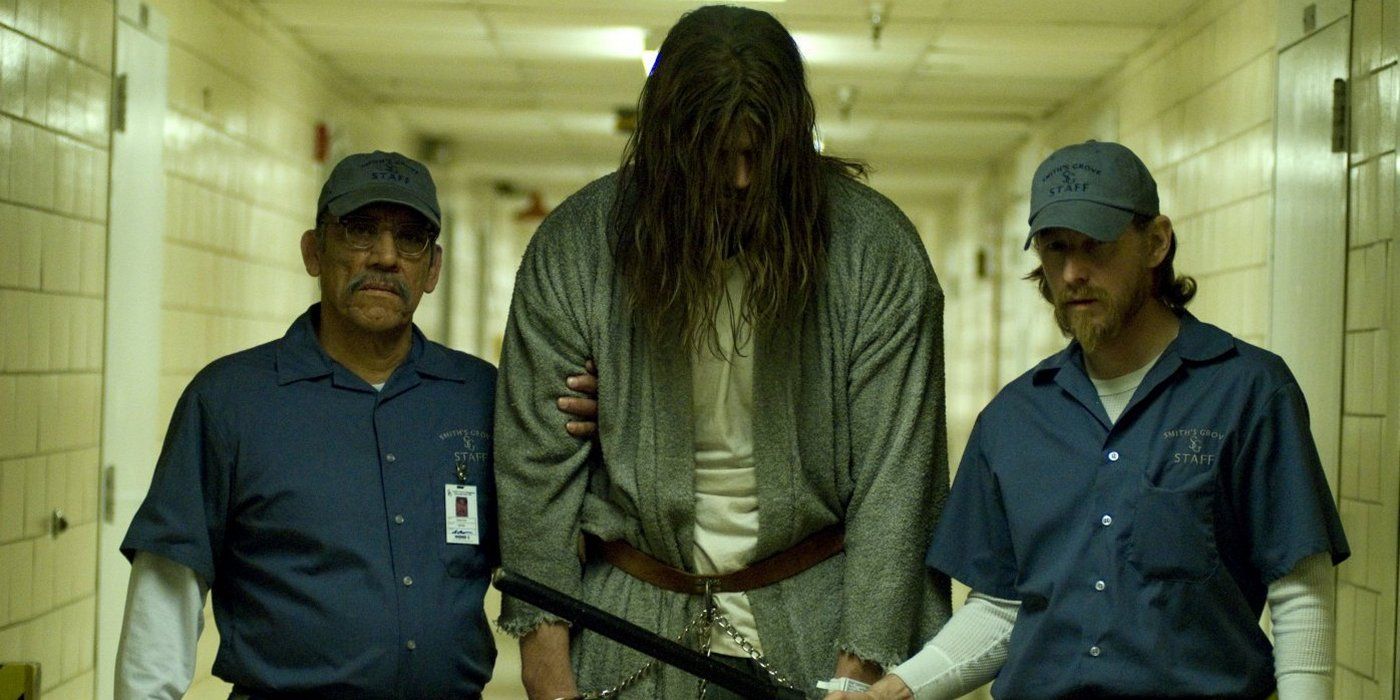Hollywood recycling and repurposing their older movies for a new generation of audiences is a trend that'll never go away, no matter how many audience members lament the loss of originality.
However, at the end of the day, movies are an oddly binary thing: they either work or they don't, original or not.
Some of the most memorable and iconic movies ever have been remakes, and often times straight remakes of beloved films are insipid and evaporate from your mind as soon as the credits roll. Like anything, it's all in the execution.
Usually a great remake will explore the material through a new point of view. Typically a bad remake will be an exploitative carbon copy, coasting off of what made the original so memorable without adding any spokes to the wheel, so to speak.
However, in the interest of digging for the good in a dirty word (“remake”), we've decided to put a spotlight on the good ones – and of course put the spotlight of shame on a few remakes that missed the mark entirely.
Here are the 10 Remakes Way Better Than Their Originals (And 5 That Are Much Worse).
Better: Scarface (1983)
Chances are if someone brings up Scarface, you'll think of “Say hello to my little friend!” and Al Pacino's ravenous Tony Montana clawing his way from lowly Cuban refugee to Miami's substance kingpin. It's less likely you'll think of Paul Muni as Antonio Camonte, a mafioso heavily inspired by Al Capone.
Though the original is still respected, Brain De Palma's remake better retains its vivid vision of decadence and decay.
The scene in which a gangster is dismembered by a chainsaw in a bathtub is a wonderful homage to Psycho's shower scene; we never see the graphic penetration of metal into skin, but the filmmaking is effective enough to make you squeamish.
Tony Montana's crude summation of the American Dream “First you get the money, then you get the power, then you get the women” is as quotable and ripe for being emblazoned on t-shirts as ever.
Better: Casino Royale (2006)
Ever since Dr. No, James Bond has cemented his place in popular culture, surviving dark and distinctly un-fun entries and clownish, ridiculous entries alike.
The most clownish entry of all, Casino Royale (1967) would later be remade into the darkest – yet still fun – Bond movie, Casino Royale (2006). In every conceivable way, Casino Royale is an improvement on the baffling and frivolous original.
However,Casino Royale is not only a great remake, it's one of the best Bond movies ever and a terrific film in its own right.
It explores a pre-007 Bond's psychological makeup with a degree of earnestness and depth heretofore unseen, the stunts are jaw-dropping, combining CGI and grit almost perfectly, and Vesper Lynd is the gold standard of Bond Girls.
Not to mention that Daniel Craig's Bond was so different yet so compelling that it's difficult to imagine anybody else playing the British spy.
Worse: King Kong (2005)
Much like Superman Returns, this King Kong is a passionate yet rambling love letter to the original. The original 1933 version was actually set in 1933, granting its commentary impressive resonance.
This one, a lavish period piece so far removed from contemporary times as to be a fairy tale, had no such resonance.
Running at over twice the length of the original King Kong, Peter Jackson's remake is excessive to the point of deadening, and a precursor to his equally excessive and deadening Hobbit trilogy. Also, the special effects, though impressive and grand for the time, have aged rather poorly.
It's not at all as fun as the briskly paced original, though the performances are good and Andy Serkis does, as always, thoughtful work in bringing a CGI creation to life.
Better: Dredd (2012)
Sylvester Stallone's Judge Dredd, an adaptation of the British comic book series 2000AD, is still good for quite a few unintentional laughs. However, as a respectable movie, it falls way short.
Thankfully ,Judge Dredd would get his due in the tight and thrilling Dredd, a move unfortunately few saw; but those that did loved it.
Much like the comic, it's set in Mega City One, a vast metropolis where the Judges, who're authorised to kill on the spot, are the only law.
Karl Urban's Judge Dredd is the antithesis of Stallone's performance; ego-free and entirely at the service of his unchanging character.
We're introduced to the crummy social order and system through the eyes of Dredd's rookie partner, Judge Anderson (Olivia Thirlby). It's an intelligent move on the part of Dredd, and it grounds the stylised violence and uber-fascism.
Better: A Fistful of Dollars (1967)
Inspiring an entire sub-genre, that of the spaghetti-western, A Fistful of Dollars soared far above its origins as a remake of the Akira Kurosawa movie Yojimbo.
Evidently Kurosawa felt differently. He sent a letter to director Sergio Leone stating his feelings in no uncertain terms: “It is a very fine film, but it is my film.”
However, by taking European film conventions – like emphasising artfully composed imagery and sound and music over plot and dialogue – and placing them into a familiar western setting, Sergio Leone ushered in a new era of moviemaking, and introduced the world to Hollywood superstar Clint Eastwood.
A Fistful of Dollars set a stylistic template so evocative that it's difficult to imagine cinema today without it. Thankfully, A Fistful of Dollars was so well-received that we'll never have to.
Worse: The Mummy (2017)
Brendan Frasier's Mummy was neither bad enough nor good enough to make it on this list. However, The Mummy (2017) is such a startling collision of calculated and cynically conceived creative ideas that it exemplifies everything bad about modern blockbusters.
In its own weird way, it's an essential film, one to point to to illustrate that star power and a willingness to jumpstart a fictional universe is not enough to win audiences over.
As a standalone piece of entertainment though – be it as a horror or action/adventure movie – it's an abject failure. It's hard to sit through this and feel a single identifiable emotion.
Tom Cruise's maverick schtick with that Marvel flavour (rascally jerk learns to be a hero) fails to register, even though, bless Cruise, he gives his all.
His best buddy, played by Jake Johnson, seems to be more aware of what kind of movie he's in, and gives an accordingly lackadaisical performance. Not even Russell Crowe emerges unscathed.
Better: IT (2017)
The most memorable aspect of the made-for-TV movies IT (1990) is Tim Curry's delicious and malevolent performance as Pennywise. The rest is a flavourless sludge of bad special effects and overly broad performances from the child actors.
However, the recent remake of the Stephen King classic novel has much to recommend, whether you prefer Tim Curry's or Bill Skarsgard's version of the horrifying entity.
The coming-of-age aspect of it and the adventurous tone, plus every kid actor in the Losers Club giving a convincing and sympathetic performance, really makes this a Stephen King adaptation that ranks among the better ones.
Though it relies perhaps a bit too much on jump scares, it conjures a more engrossing atmosphere than the flat original ever did.
Better: Freaky Friday (2003)
Jodie Foster starred in Freaky Friday (1976), a fantasy-comedy in which a mother and daughter switch places and get a taste of each other's lives. It was pretty dismal flick, chronically unfunny for a comedy.
Although Freaky Friday (2003) was a remake with a trendy facelift – bubblegum punk music features prominently – it made a rather canny choice in changing the daughter's age from 13 to 17 years old.
This granted a little more resonance, drama and comedy to the mother and the daughter mentally trading places.
Sure, the 2003 version has an awkward orientalist angle, a cheap way to explain away the mother and daughter switching bodies.
However, Jamie Lee Curtis and Lindsay Lohan imbue an average movie with vivacity and charisma. The poppy punk music is of its time for sure, but for some of us it provides pleasant nostalgia tingles.
Worse: Planet of the Apes (2001)
If Tim Burton can't find a good "in" for a big blockbuster action flick, then the result is usually a sloppy mess.
Likewise, Mark Wahlberg is usually just lost unless under the guidance of a director who knows what they want. Unfortunately for Planet of the Apes (2001), it's the worst of both worlds.
Even the production design, usually a dependably cool feature of Burton's flicks regardless of their quality, is cheap-looking.
The brilliance of the new Apes trilogy is that its commentary is as compelling as its action scenes.
By contrast, everything in Planet of the Apes (2001) is anonymous and b-grade – and not in a charming way. And if any kind of coherent messaging can be wrung from its confusing ending, we're all ears.
Better: Cape Fear (1991)
Although Gregory Peck was a terrific actor, his turn as attorney Sam Bowden doesn't rank among his better performances. Nor is Cape Fear (1962) anything that remarkable, other than its surprisingly frank approach to Max Cady's horrific sex crimes.
Martin Scorsese, fresh off Goodfellas, chose to remake Cape Fear and imbue the film with his own fire-and-brimstone sensibilities.
Nick Nolte plays Bowden, the attorney who put Cady away, and he infuses Bowden with frailty and frustration, making him of a piece with other Scorsese protagonists. Robert De Niro as Cady is a vision of perverse menace.
Scorsese reused the original score by Bernard Herrmann to great melodramatic effect, paying tribute to the original while elevating it to new heights.
Better: The Beguiled (2017)
Like Scorsese, Sofia Coppola took the skeleton of an older film and constructed a work out of it that fits right in with her and tastes and sensibilities.
This remake, like Lost in Translation and The Virgin Suicides, is moody and delicate rather than particularly dramatic.
Set during the civil war, an injured Union soldier is cared for at a Southern refuge – an all-female boarding school. However, his presence leads to dangerous rivalries as they vie for his attention.
If The Beguiled (1971) was about “the basic desire of women to castrate men” – a pretty basic expression of male anxiety – then The Beguiled (2017) is more about what happens when a man disrupts their static, hermetically sealed off world.
Worse: Psycho (1998)
Perhaps one of the most redundant creative endeavours in Hollywood's history is Gus Van Sant's near shot-for-shot remake of the Hitchcock classic, Psycho. Van Sant's hard work in almost exactly replicating the original is perversely impressive, however.
The original's disturbing revealing scenes, boiling and festering in the unconscious in the original, is up for display, clear as day, in Van Sant's version.
Also, everything is in vivid colour, refuting the original's dreamy atmosphere for realism. The differences really end there.
Either it's a uniquely punk-rock experiment in wasting every body's time or it's an intellectual exercise in post-modernism. The conclusion you reach with these two lenses of looking at Psycho (1998) is the same: You're better off just watching Hitchcock's classic.
Better: The Girl With The Dragon Tattoo (2011)
The American version of The Girl With The Dragon Tattoo was brought to the screen by David Fincher, an engrossing visual stylist of the highest order.
The Girl With The Dragon Tattoo, though more plot driven than other movies in his oeuvre, is still as stunningly constructed as anything he's ever made.
Rooney Mara's version of heroine goth hacker Lisbeth Salander is a stark portrait of bleak isolation and formidable intelligence.
Mara transformed and lost herself completely in the role, in a way that Noomi Rapace in the Swedish original never did (though Rapace, less alien, is arguably the more magnetic hero). She develops a subtle rapport with a fellow investigator Mikael Blomkvist (Daniel Craig playing against type).
It's a great shame that Fincher will likely not complete the trilogy.
Better: Scent Of A Woman (1992)
Scent of a Woman, the movie that won Al Pacino his much deserved Academy Award, is actually a remake of the 1974 Italian film Profumo di donna. Both movies follow an old embittered and blind former Army officer and the young man paid to accompany him.
While in the original, Vittorio Gasman played the blind guy with more vitriol and misanthropy in his veins, Al Pacino emphasised the romantic who hid behind a calculatedly gruff and mean exterior.
Both give fine performances, but Pacino's got a bit more meat to chew on. However, it's Chris O'Donell as the young man – this time a prep school student on the cusp of manhood instead of a soldier – who grants Scent of a Woman an earnest heart that the original deliberately lacks.
Worse: Halloween (2007)
Rob Zombie took one of the most mysterious and iconic movie serial killers of all time and made a protracted origin story about an abused kid driven insane by his music video-esque trailer trash pigsty circumstances.
Zombie slathered on a few greasy layers of grime to the story, but he utterly defanged its villain in the process.
Can you imagine if, before The Dark Knight began, we were treated to a lengthy prologue explaining away the Joker? It'd surely sap the movie of all its power.
Although Halloween (2007) is as grim as a graveyard, it's never thrilling or scary. It's very much like a piece of fan-fiction – indulgent, "edgy," focused on all the wrong things. It's not an exact replica like Psycho (1998) but it's just as unnecessary.
---
Are there any other great (or terrible) remakes that we missed? Comment and let us know!

